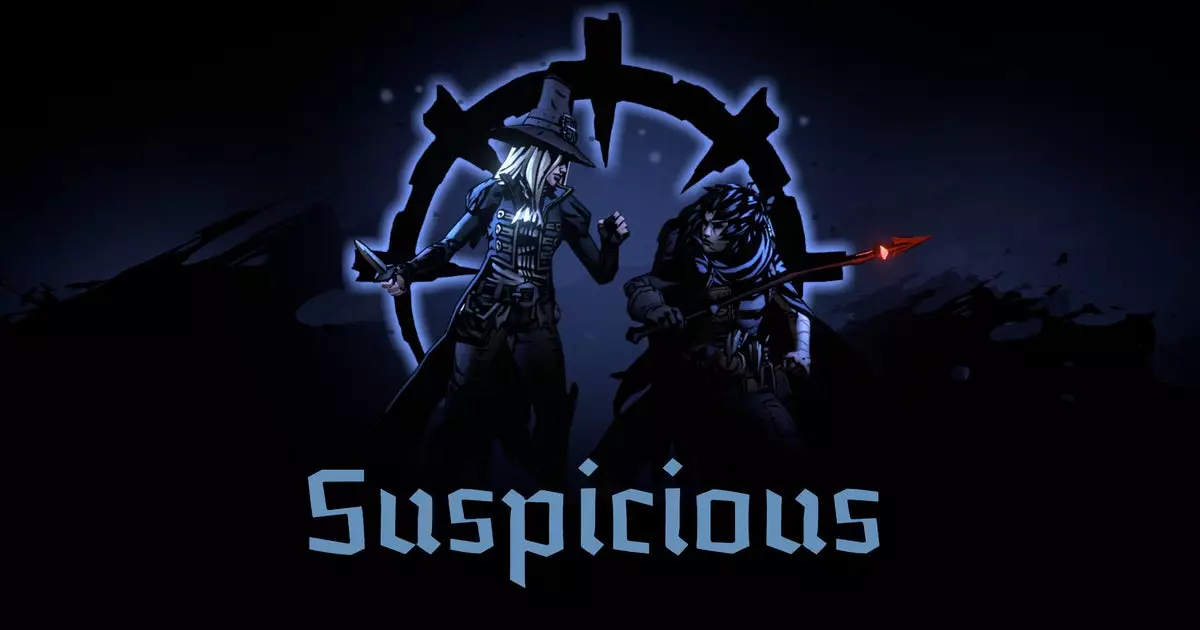In a surprising move within the gaming industry, Behaviour Interactive, the studio behind the multiplayer horror game Dead by Daylight, has announced its acquisition of Red Hook Studios, the creators of the critically acclaimed Darkest Dungeon. The decision to bring Red Hook into the fold raises essential questions about the future of both studios and the implications for creative independence. Notably, this acquisition comes on the heels of Behaviour’s recent cost-cutting measures, which included significant layoffs and the closure of Midwinter Entertainment, another studio they had acquired over the last couple of years.
The notion that Red Hook will remain “a fully independent studio” seems somewhat contradictory, especially given Behaviour’s recent history. After all, while Behaviour aims to present a face of support and creative freedom, the stark reality of corporate acquisitions often finds creative teams wrestling for autonomy amidst the ceaseless demands of a larger entity. This could lead to an atmosphere where the innovative spirit that initially drove Red Hook’s talent can become stifled under the weight of corporate expectations.
Behaviour’s CEO, Rémi Racine, framed the acquisition as a natural progression towards their goal of becoming synonymous with horror games, citing Darkest Dungeon as a title they have long admired. While the shared dedication to horror games may provide fertile ground for collaboration, one cannot help but wonder if this represents a push towards consolidating horror franchises under a single corporate umbrella.
Given the nature of Dead by Daylight, which frequently incorporates characters from a wide array of horror franchises, it raises the specter of corporate cannibalism. The distinct identity and lore of Darkest Dungeon may be at risk of overshadowing as Behaviour’s commercial aspirations lay claim to its creative aspects. Will Red Hook be encouraged to maintain their unique flair, or will they find themselves gradually adapting to align with Behaviour’s overarching business strategy?
Despite these concerns, Red Hook’s co-founder, Chris Bourassa, expressed an optimistic outlook in a press release, labeling Behaviour as “kindred spirits” with shared values in crafting fantastic horror experiences. He emphasized that Red Hook’s creative direction would not be compromised but instead bolstered by Behaviour’s support, thus opening the doors for growth and innovation within their distinct narrative style. However, as comforting as their statements may sound, the authentic independence of Red Hook might ultimately hinge on Behaviour’s true intentions and operational tactics, which remain opaque at best.
The excitement surrounding the potential for future projects is palpable within the Red Hook team, particularly as they reportedly aim to launch a massive expansion for Darkest Dungeon 2 that furthers its dark, turn-based fantasy aesthetic. The question remains whether they can achieve this vision free from the potential constraints of Behaviour’s business model.
As Behaviour Interactive extends its reach within the horror genre through the acquisition of Red Hook, one cannot ignore the nuanced dynamics that will unfold moving forward. While the collaborative synergy may produce exhilarating experiences for horror enthusiasts, both studios must navigate the choppy waters of balancing corporate objectives with creative freedom. The industry has often witnessed high-profile acquisitions devolve into scenarios where smaller developers lose their original essence as they are absorbed into larger infrastructures.
Nevertheless, the commitment of Behaviour to keep all 29 existing members of Red Hook’s team indicates a recognition of the value inherent in their talent—a small yet vital reassurance. Still, the ambiguous outline of what “independence” entails under Behaviour’s umbrella leaves room for concern. If Red Hook can truly continue pursuing their distinct vision while reaping the benefits of Behaviour’s resources, they may well become a leading force within the dark fantasy genre.
The acquisition presents both opportunities and challenges. Will Red Hook thrive under the Behaviour banner or find their creativity compromised? Only time will tell, but this merger certainly sets the stage for an interesting chapter in their development narratives.


Leave a Reply